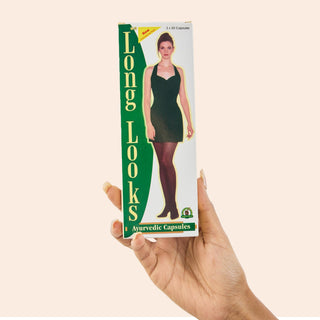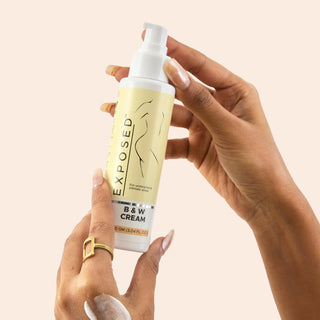Menstruation heralds the onset of physiological maturity in girls. It is part and parcel of women’s lives until menopause and deserves utmost caution and self-care. But unfortunately, this vital process is still surrounded by myths and misconceptions with a long list of Dos and Don’ts.
Additionally, menstrual practices are clouded by taboos and socio-cultural restrictions, which sometimes result in adverse health outcomes. Good Menstrual hygiene protects intimate health and prevents reproductive and urinary tract infections. Read on and learn some essential tips on maintaining intimate hygiene during your cycle.
Why Does Menstrual Hygiene Matter?
Here are four reasons to maintain good intimate hygiene during periods.
Using damp and dirty sanitary pads acts as a perfect environment for the growth of bacteria and yeast. Most microbes grow in a humid environment provided by prolonged use of unhygienic absorbents or sanitary napkins. These bacteria invade your urinary tract, resulting in painful urination, back and abdominal pain, and fever.
However, you can easily reduce these complications by using clean napkins and washing your genital area with clean water.
Unhygienic menstrual practices lead to reproductive tract infections (RTIs). Such infections entail a heavy toll on women and lead to adverse health outcomes if left untreated.
But thankfully, women can decrease the likelihood of RTIs by following hygienic and appropriate menstrual practices during their cycles. Access to sanitary pads and clean water helps women maintain good reproductive health.
Prolonged wetness in the genital area can cause rashes, abrasions, and allergies during periods. Although commercially available sanitary napkins are made of super absorbent polymer, they have plastic, which can cause rashes if not changed regularly.
Hence, you should change napkins within four to six hours. Women can also opt for biodegradable sanitary pads to avoid rashes and abrasions.
Ignoring intimate hygiene during your cycle can sometimes lead to cervical cancer. This cancer occurs in the cells of the cervix, the lower part of the uterus that connects to the vagina. Long-lasting infection with certain types of HPV mainly triggers this life-threatening condition.
What are the Best Menstrual Hygiene Practices?
Now that you know the importance of menstrual hygiene, it’s time to follow some period hygiene measures and stay happier during your tough days. Here are some tips to maintain menstrual hygiene, some of which you may not know about.
The market is packed with numerous sanitation methods, including sanitary napkins, tampons, and menstrual cups. Hence, it’s vital to select an appropriate method and stick to it. The best tip is to try using one brand for a while to know if it satisfies your needs.
Frequent switching between brands and sanitation methods can make you uncomfortable and does more damage than good. Also, using multiple methods can sometimes offer a sense of low menstrual blood loss; hence, it should be avoided.
Changing sanitary napkins or tampons every 4 to 6 hours is the cardinal rule to maintain intimate health during your periods. Menstrual blood usually attracts various organisms from our body, which tend to multiply in the warmth of the blood.
Prolonged wetness leads to rashes, allergies, and urinary tract infections. Hence, changing your napkin regularly curbs the growth of infection-causing bacteria while helping you maintain good intimate health.
Since organisms and bacteria cling to your body once you remove your sanitary napkin, it’s vital to wash your vagina with clean water every time you change the tampon or sanitary pad. Also, wash your genitals correctly, using your hands in motion from the vagina to the anus, not vice-versa.
In addition, you can also use vaginal hygiene products, like Vg-Wash. It is an Ayurveda-based intimate wash for women that helps maintain the pH of your vagina. This product is infused with Tulsi and Aloe Vera and comprises the goodness of antioxidants, vitamins, minerals, and amino acids.
Menstrual hygiene isn’t limited to choosing the right sanitation method and washing your genitals appropriately. It also includes disposing of used sanitary napkins or tampons correctly to avoid spreading bacteria.
Always wrap the used sanitary napkin properly before you throw it away, thus assuring that bacteria and infections don’t spread. Also, wash your hands properly after handling a menstrual product or cleaning yourself.
Summing Up
Maintaining good genital hygiene is mandatory, irrespective of the time of the month. However, its value increases by manifolds during your menstrual cycle. These practices can increase your self-esteem and confidence while ensuring good reproductive health.



